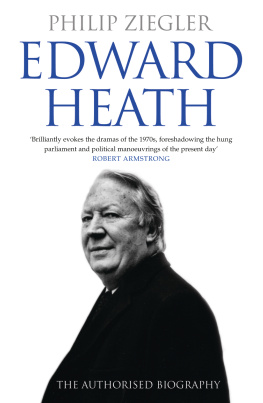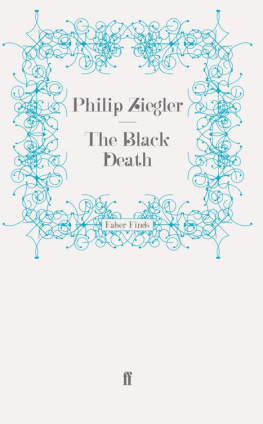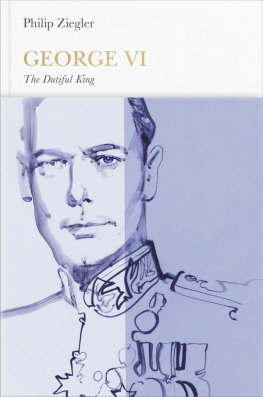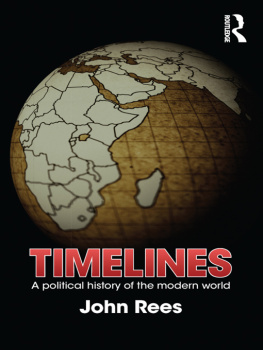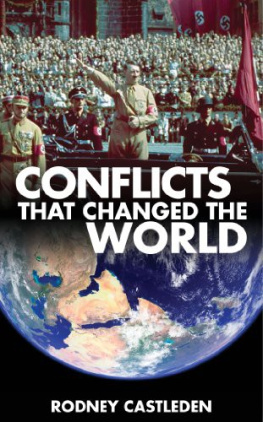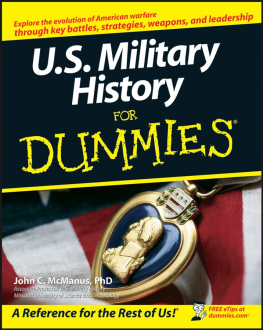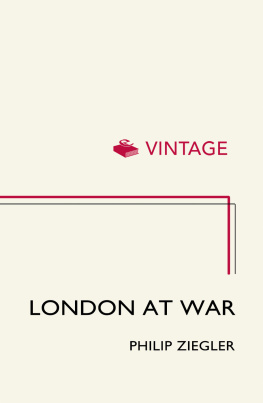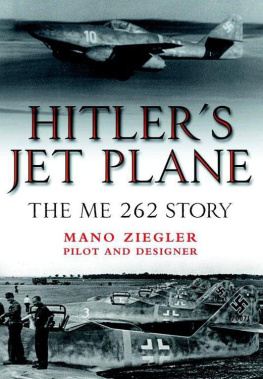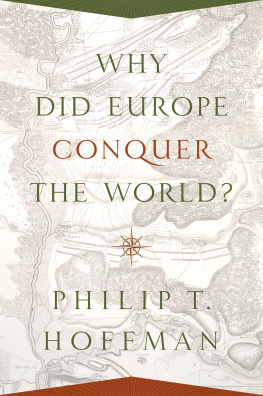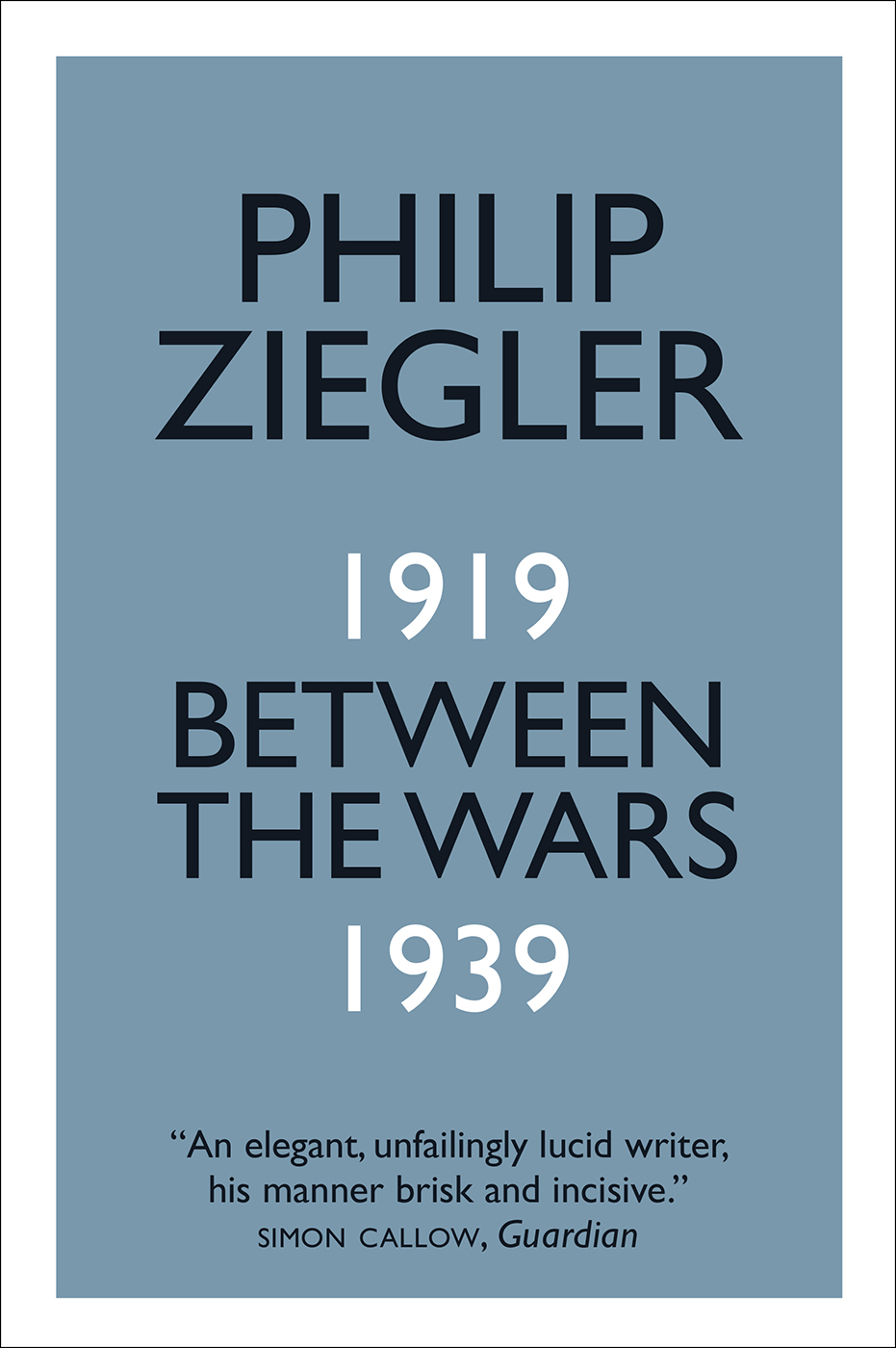
BETWEEN THE WARS
ALSO BY PHILIP ZIEGLER
The Duchess of Dino (1962)
Addington: A Life of Henry Addington, First Viscount Sidmouth (1965)
The Black Death (1969)
King William IV (1971)
Omdurman (1973)
Melbourne: A Biography of William Lamb, 2nd Viscount Melbourne (1976)
Crown and People (1978)
Diana Cooper (1981)
Mountbatten: The Official Biography (1985)
Elizabeths Britain 1926 to 1986 (1986)
The Diaries of Lord Louis Mountbatten 19201922: Tours with the Prince of Wales (1987) (ed.)
Personal Diary of Admiral the Lord Louis Mountbatten, Supreme Allied Commander South-East Asia, 19431946 (1988) (ed.)
The Sixth Great Power: Barings 17621929 (1988)
From Shore to ShoreThe Final Years: The Diaries of Earl Mountbatten of Burma, 19531979 (1989) (ed.)
King Edward VIII: The Official Biography (1990)
Brookss: A Social History (1991) (ed. with Desmond Seward)
Wilson: The Authorised Life of Lord Wilson of Rievaulx (1993)
London at War 19391945 (1995)
Osbert Sitwell (1998)
Britain Then and Now: The Francis Frith Collection (1999)
Soldiers: Fighting Mens Lives, 19012001 (2001)
Man of Letters: The Extraordinary Life and Times of Literary Impresario Rupert Hart-Davis (2005)
Edward Heath: The Authorised Biography (2010)
Olivier (2013)
George VI: The Dutiful King (2014)
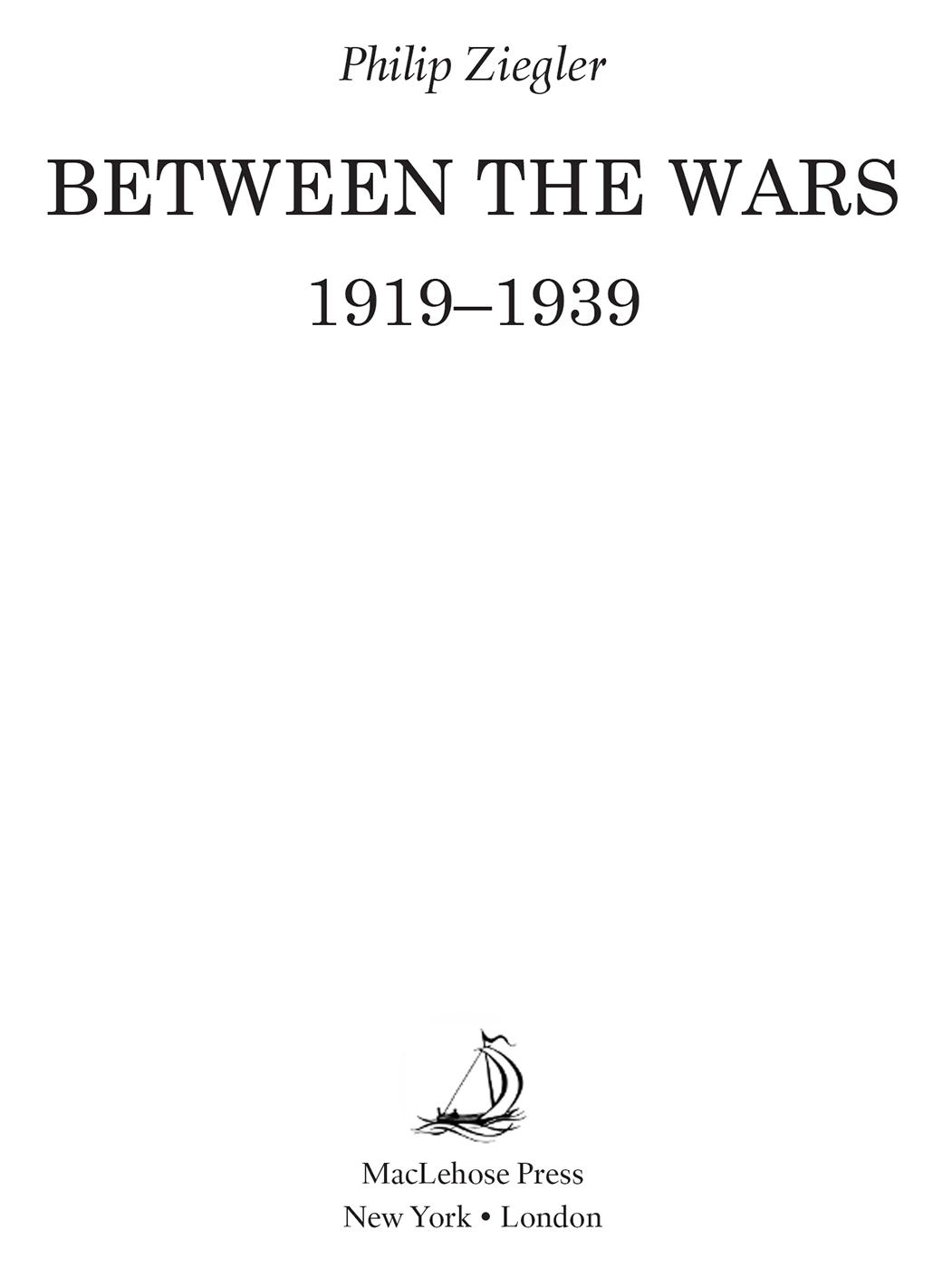

MacLehose Press
New York London
2016 by Philip Ziegler
First published in the United States by Quercus in 2017
All rights reserved. No part of this book may be reproduced in any form or by any electronic or mechanical means, including information storage and retrieval systems, without permission in writing from the publisher, except by reviewers, who may quote brief passages in a review. Scanning, uploading, and electronic distribution of this book or the facilitation of the same without the permission of the publisher is prohibited.
Please purchase only authorized electronic editions, and do not participate in or encourage electronic piracy of copyrighted materials. Your support of the authors rights is appreciated.
Any member of educational institutions wishing to photocopy part or all of the work for classroom use or anthology should send inquiries to .
e-ISBN 978-1-68144-247-1
Library of Congress Cataloging-in-Publication Data
Names: Ziegler, Philip, author.
Title: Between the wars, 19191939 / Philip Ziegler.
Description: New York : MacLehose Press, 2017.
Identifiers: LCCN 2016042227 (print) | LCCN 2016055953 (ebook) | ISBN 9781681442495 (hardback) | ISBN 9781681442488 (paperback) | ISBN 9781681442471 (ebook) | ISBN 9781681442464 (library ebook)
Subjects: LCSH: World politics19191932. | World politics19331945. | History, Modern20th century. | EuropeHistory19181945. | Nineteen twenties. | Nineteen thirties. | BISAC: HISTORY / Modern / 20th Century. | / Military / World War II.
Classification: LCC D727.Z49 2017 (print) | LCC D727 (ebook) | DDC 909.82/2dc23
LC record available at https://lccn.loc.gov/2016042227
Distributed in the United States and Canada by
Hachette Book Group
1290 Avenue of the Americas
New York, NY 10104
www.quercus.com
CONTENTS
People do not often know a great deal about the decades immediately before and after they were born; the former is too late to be history, the latter too early. I was born in 1929. The inter-war years, between 1919 and 1939, are therefore relatively unknown to me. Throughout my life I have, of course, read many books written during or about that period, but my knowledge was far less systematic than was true, say, of the years before 1914 or after 1945. I resolved to put that right.
This book is, therefore, a voyage of discovery. It is not a book for specialists; with the exception of the abdication crisis, there is no subject about which those who are authorities in their respective fields do not know far more than I do. I have relied on the work of these experts, am most grateful to them for their labors, and hope that I have not misused or misrepresented their scholarship.
The choice of subjects is arbitrary and reflects my own tastes and interests. I have, for instance, devoted a chapter to the publication of James Joyces Ulysses. It might as well have been E. M. Forsters A Passage to India, Hemingways A Farewell to Arms, Kafkas The Castle, or Sartres Nausea. There can be no right or wrong in such matters: all these are great novels, the choice of any one of them could be justified convincingly. I have sought to touch on all parts of the world and all the main fields of human endeavor. I have failed. There is, for instance, no chapter on Australasia. To suggest that nothing of importance happened in Australia or New Zealand between 1919 and 1939 would be as silly as it would be impertinent: it just happened that there was no convenient peg on which to hang a chapter at a time at which something of greater moment was not going on elsewhere. Any readers of this book are likely to ask themselves: Why on earth did he include this? or How can he possibly have omitted that? They will be fully justified in doing so. There are many more or less significant incidents in world history that this book might have covered, but my primary concern has been to follow what emerged as the two main themes: the recession of European power and the road to the Second World War. These have in large part determined the choices that I have made.
All I can say with confidence is that the book has been most enjoyable to write. I hope that it will be equally enjoyable to read.
PEACE
191920
In Paris, in the first six months of 1919, a group of intelligent, experienced, and well-intentioned men were busily preparing the ground for the next World War. This was, of course, the very opposite of their intentions. Europe was just emerging from more than four years of disastrous and hideously destructive conflict. Nearly two million Germans had died in the fighting, almost as many Russians, well over a million French and Austro-Hungarians, three-quarters of a million British, with another two hundred thousand from the Empire. Italy had been scarred by the fighting; vast tracts of France and Belgium devastated. If there was one thing that the negotiators took for granted it was that it must never happen again. This had to have been the war to end wars.
* * *
In the eyes of the victorious Allies at least, it was unequivocally Germany that had been responsible for the First World War. Their prime consideration was that this should never be allowed to happen again. There were, of course, many other issues that would have to be regulated before the world could begin to recover from the carnage of war, but in the eyes of the participants the future of Germany was their first preoccupation. The subsidiary problems, it was fondly assumed, would quickly be disposed of. Even where Germany was concerned the negotiators saw no reason to believe that there would be serious disagreement. At the end of 1918 Raymond Poincar, the French president, told an American journalist that he did not expect the Peace Conference would have the least trouble in arriving at complete agreement: All the principles were already in harmony and the general lines and details would be settled as soon as the delegates got to work. The remarkable thing about this observation is that Poincar was not merely mouthing pious platitudes for the benefit of the press but actually believed that what he said was true. Still more remarkable is that his fellow delegates, even if they had certain minor reservations, should have shared his optimism.
Next page

